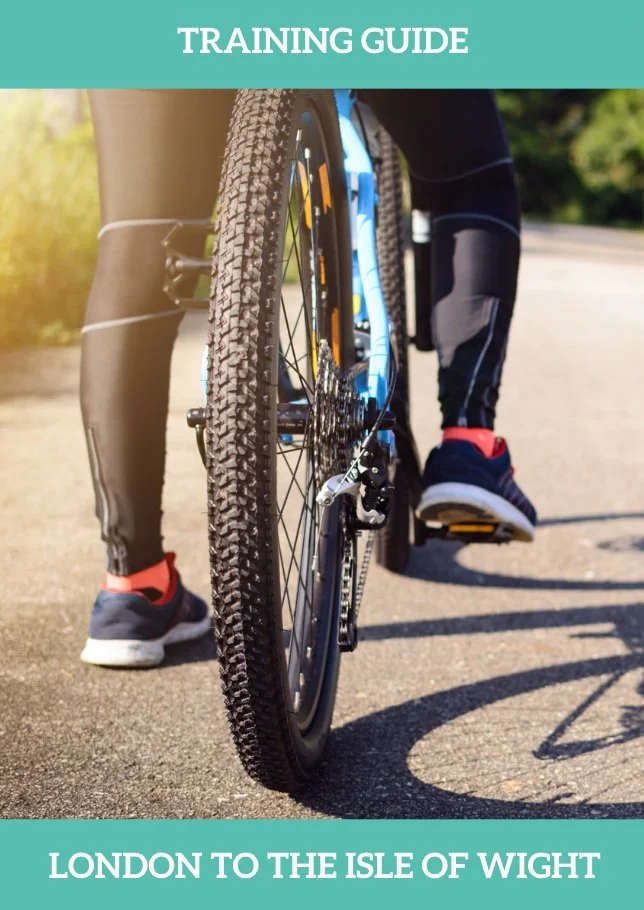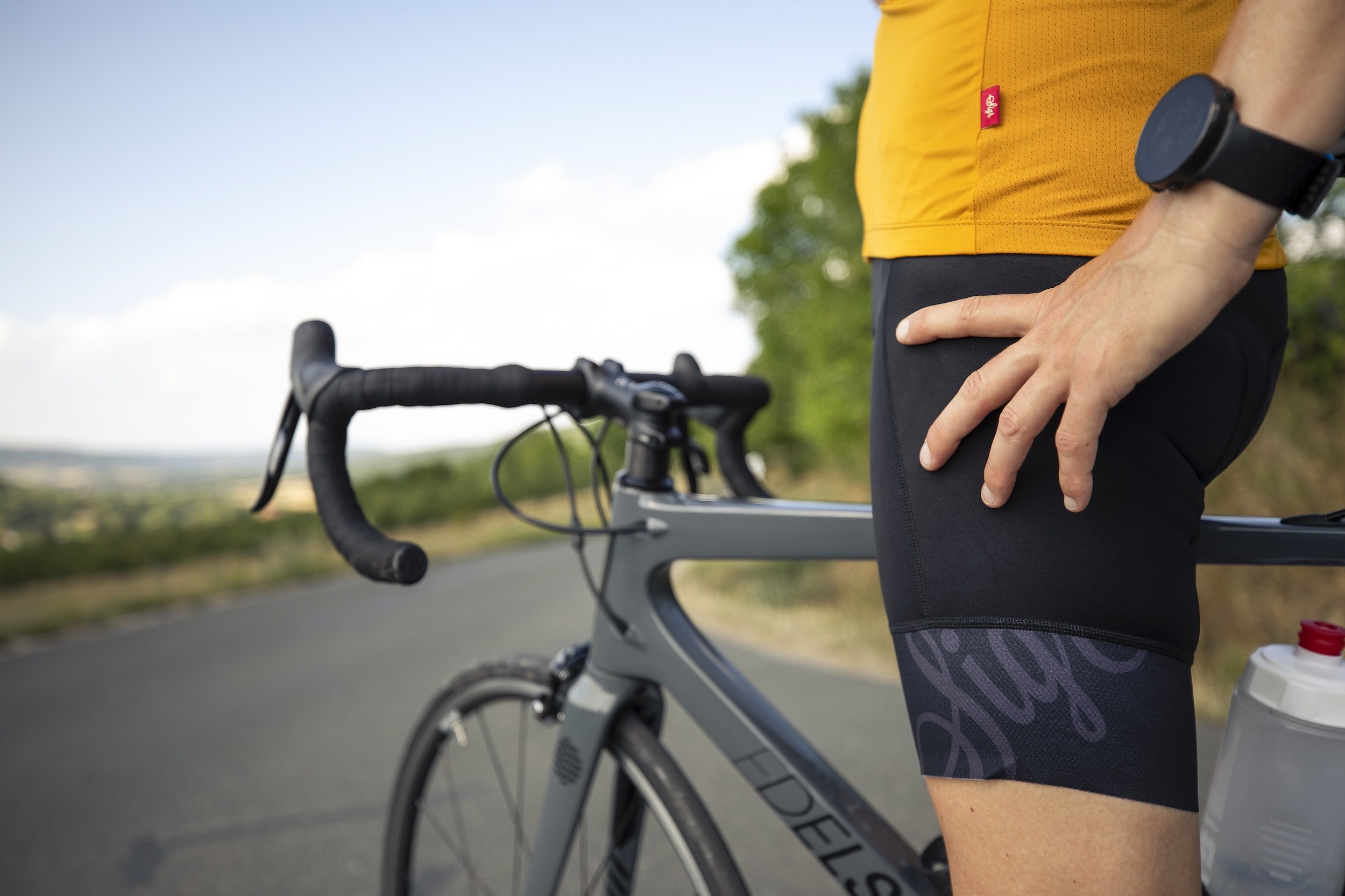Training
How to prepare…
This is a serious cycling event and so making sure you’ve done the right preparation is essential. Our team is on hand to provide you with the best training advice.
Now you’ve just signed up for a cycle challenge, you must train for the event, especially if you’ve not taken on many long-distance rides before. Regardless of your fitness level or the miles you’ve cycled on a bike, the training information below and our guide will support you through your training and get you ready for the challenge.
Winter can be a great time to increase your general fitness and stamina for long days in the saddle.
As the warmer weather arrives in Spring, it is the perfect time to capitalise and get some useful miles into your legs, before the big day! You can download our suggested training guide by clicking on the guides above. In the guide, you will find important advice about preparing for a cycle challenge like this, how to make sure you look after your body, and a suggested 20-week cycling plan.
Do contact Arun or the team if you have any further questions on training, or the kit you are using. Please email our team or call us at 0333 4441189.
What type of equipment do I need?
Above all, one that you feel very comfortable riding for consecutive days. We would recommend the following:
A road bike or hybrid bike, with front and rear lights and a comfortable saddle.
Comfortable cycling shirts, padded shorts and an undamaged helmet.
Cycling shoes. If these are your first pair, you may need 2-3mths to get used to using them, especially when stopping.
Do feel free to talk to us first, if you plan to buy a new bike or want to rent a bike as we have a wide selection suitable for everyone.
Spin more - You may have heard of terms such as “cadence”. If not don’t worry, cadence is the pace at which you push your pedals around. If you are a relative newcomer to cycling, you should simply try to increase the speed at which you turn your pedals. To do this, drop a gear so that you ride in a more comfortable zone but while spinning your legs more.
Less can be more - Faster and shorter intervals can help to build strength for riding longer distances. Interval sessions are also useful if you are short of time mid-week. You can reserve your longer rides for the weekends. There is a great deal of info online for structuring good intervals or shorter, harder sessions.
How do I prepare for this challenge?
This is not an easy cycle ride, but don’t let that put you off. We all have busy lives, but try and get out on your bike at least 2-3 times a week.
You will be in the saddle for consecutive days cycling for more than 60 miles on certain days. If you give yourself enough time to train and get used to your bike, this is a challenge that everyone can overcome.
Steady build-up - Your training progression will depend on where you are starting from but wherever this is, you’ll need to progress steadily.
If you try to build up too quickly you will end up sore and less likely to want to go out for a ride again, or, worse still, injured.
Download our training guide for tips on every aspect of training.
Warm-up and cool down - You should ensure that your muscles are ready for a bike ride and that you stretch out post-exercise muscles.
Try a warm-up that includes at least 10 to 15 minutes of easy riding at high cadence (spin the pedals faster) before starting on your training ride.
Do the same at the end of the ride, this method calms the muscles down gently.
Many cyclists now also swear by a foam roller for keeping leg muscles tuned up in good shape.
Eat and hydrate well - When training you need to ensure your body and mind are properly fuelled. Many cyclists find that they forget to eat and hydrate regularly. You should take a snack on board every hour when riding, even if at first you do not feel hungry.
A banana, fruit smoothie, a small bit of flapjack, or even some jelly babies in the back pocket will really help.
Test the type of food you plan to eat during the event while training. The last thing you want is to end up feeling ill because the snack or energy hasn’t agreed with you on the day. Always have lots of fluids to drink in your water bottles, you will tire rapidly and become dehydrated.
Recovery & Rest - With this challenge it’s vital that your body, especially your legs, are ready for the challenge and get rest between cycling.
Give yourself the chance to properly recover time between training. Build in rest days after longer cycle rides and gradually reduce your training as we get closer to the challenge.
Yoga is great to do between training rides. There are plenty of simple 15-30minute sessions available on YouTube.
Training Rides - We will be setting up training rides before the challenge. More information on these will be shared with you very soon.





